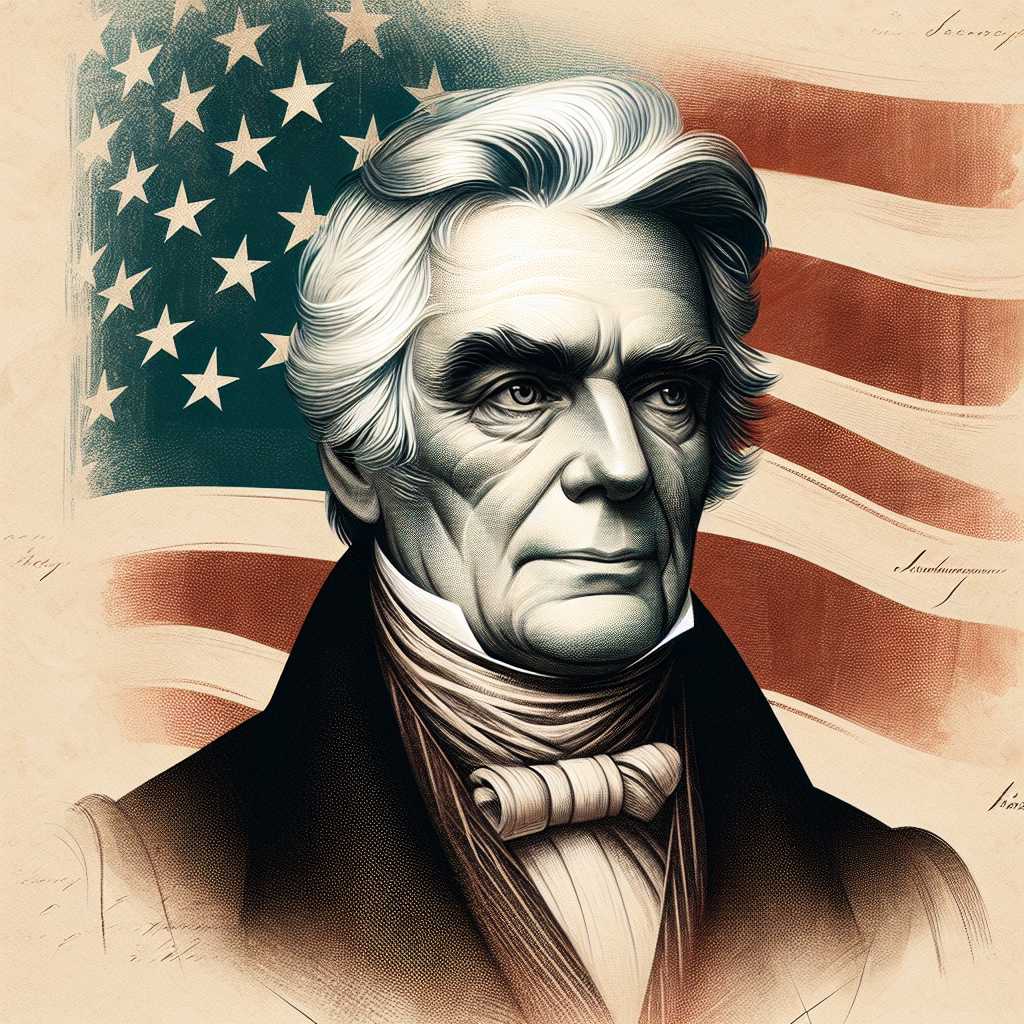The Legacy of George Washington: First President of the United States and Founding Father
George Washington remains one of the most important and influential figures in American history. He played a critical role in the American Revolutionary War, presided over the convention that drafted the United States Constitution, and served as the nation’s first president. His legacy is a complex interweaving of military leadership, statesmanship, and personal conduct that has set precedents for future generations.
Early Life and Military Beginnings
Early Years and British Military Service
Born on February 22, 1732, in Westmoreland County, Virginia, to a family of prosperous planters, Washington was initially educated by private tutors and studied mathematics, surveying, and the classics. Eventually, he took over various family estates.
In 1752, Washington inherited Mount Vernon after his brother Lawrence’s passing. Around this same period, he embarked on a military career, receiving an appointment as a district adjutant general in the Virginia militia, which made him Major Washington at 20 years old. During this time, amidst frontier skirmishes, he demonstrated leadership qualities that would mark his first encounters with combat and command.
Washington’s early military experiences during the French and Indian War (part of the larger Seven Years’ War between Britain and France) highlighted the complexities of colonial warfare and British colonial relationships. His most famous early military engagement was at the Battle of Fort Necessity where he suffered a defeat yet garnered respect for his efforts.
Revolutionary War Command and Victory
When tensions between American colonies and Great Britain escalated into armed conflict in 1775, Washington was appointed Commander-in-Chief of the Continental Army by the Second Continental Congress. Washington’s true genius was evident in his ability to maintain the cohesion of the Patriot forces throughout years of fighting against the British Army, one of the most powerful in the world. His perseverance through the harsh winter at Valley Forge and ingenious tactics ultimately led to American victory in Cornwallis’s surrender at Yorktown in 1781.
Washington’s Constitutional Leadership and Presidency
Drafting a Nation’s Framework
In achieving independence from Britain, Washington became an iconic figure symbolizing freedom and democracy. Recognized as a unifying presence vital to the new nation’s stability, Washington presided over the Philadelphia Convention where delegates wrote the United States Constitution in 1787.
The Presidency: Precedents Set for a Young Republic
Responding reluctantly to immense public pressure urging him to become America’s first chief executive, Washington became President in 1789 after a unanimous electoral vote. His two terms set critical precedents for the republic’s future leaders such as forming a cabinet and establishing practices for American neutrality concerning European conflicts.
Washington’s careful foreign policy maneuvers kept the young country at peace while his domestic policies promoted federal authority but adhered to constitutional limits. His Farewell Address provided enduring advice on political unity and foreign relations.
Leaving Office and Final Years
Choosing not to pursue a third term in office—an action that instilled a custom that lasted until 1940—Washington set another benchmark with his peaceful transition of presidential power to John Adams in 1797.
After returning to Mount Vernon, Washington remained an influential figure before his death on December 14, 1799. His last moments were aligned with the dignity and stoicism that characterized his public life.
